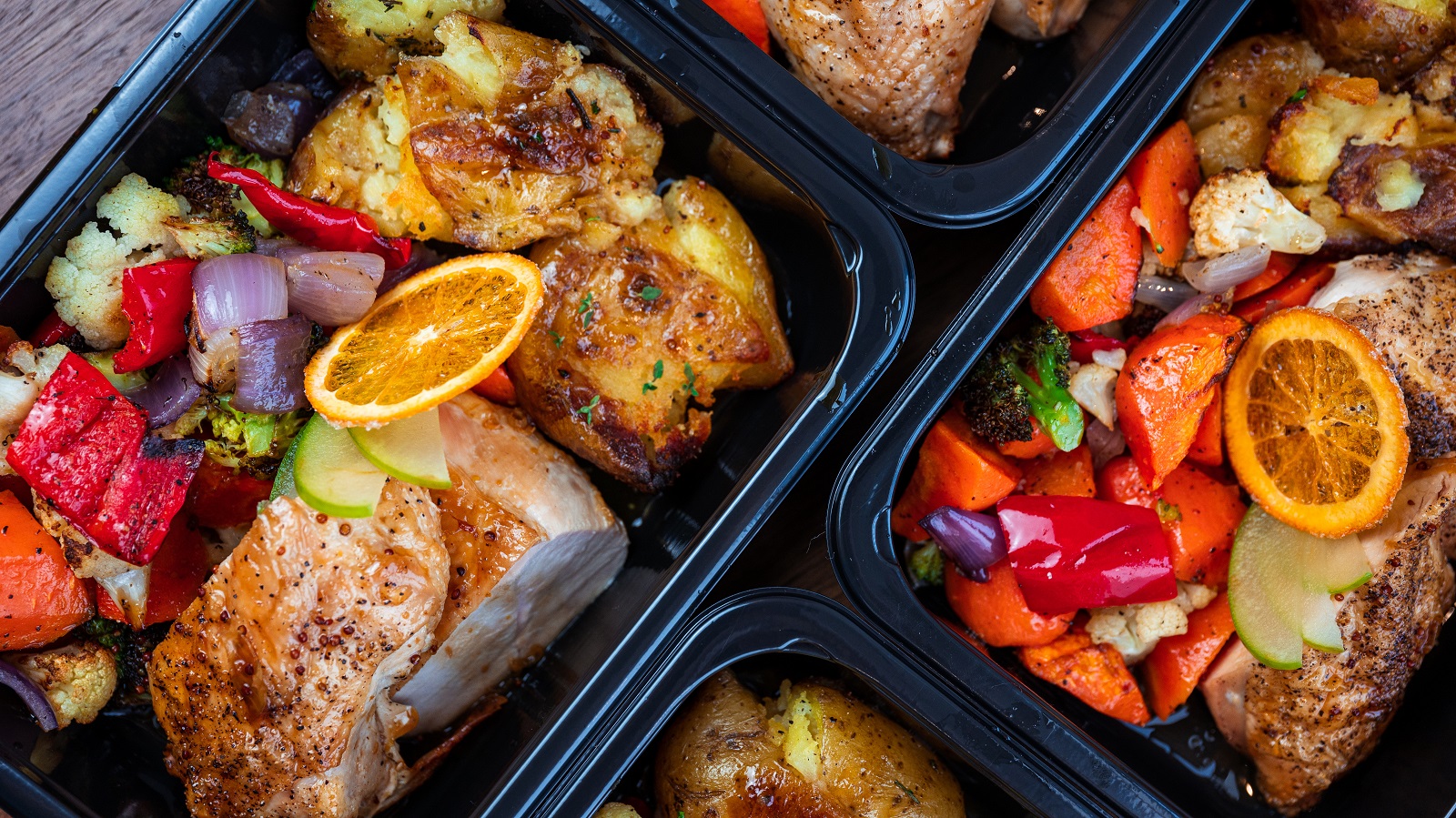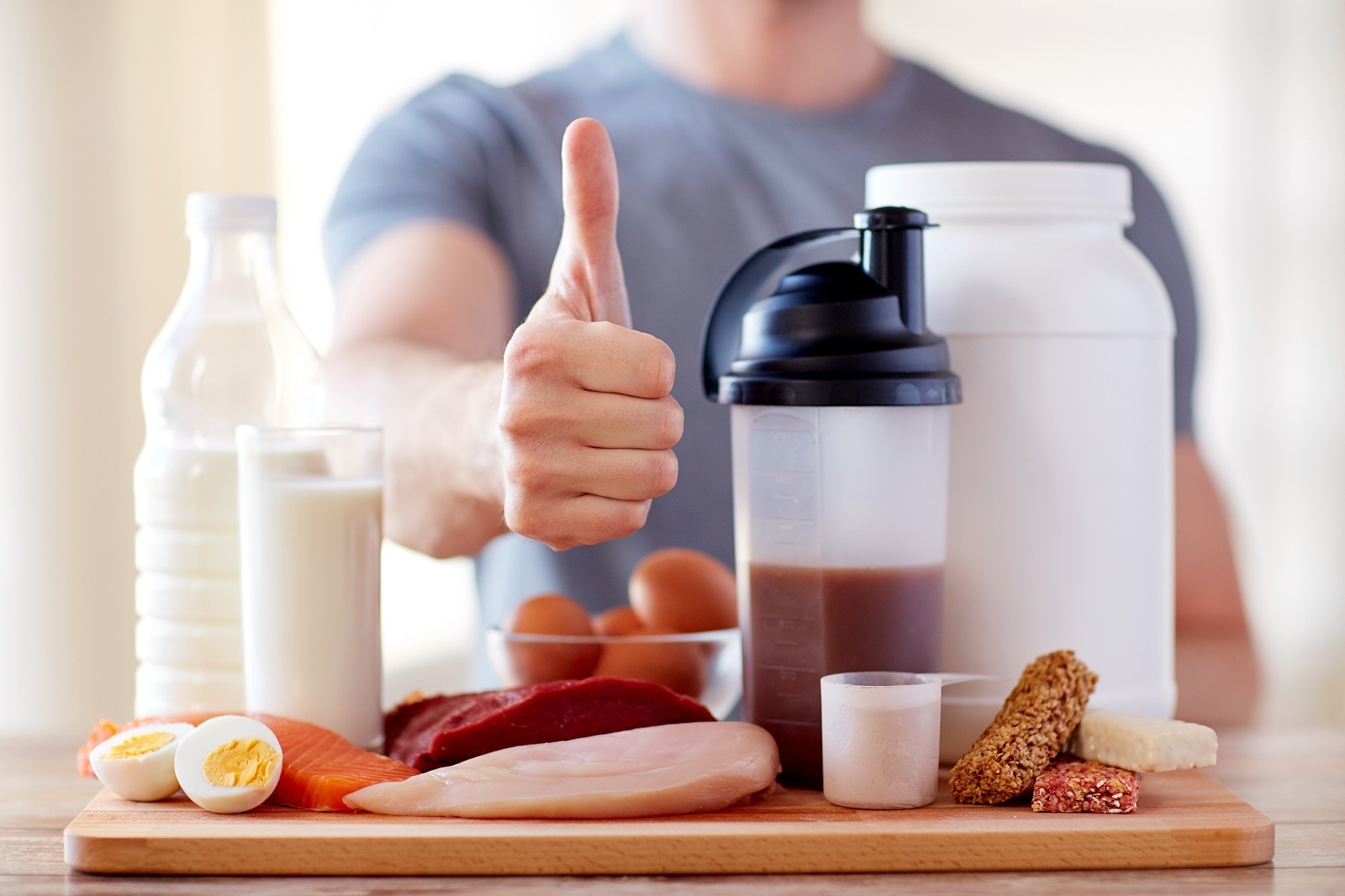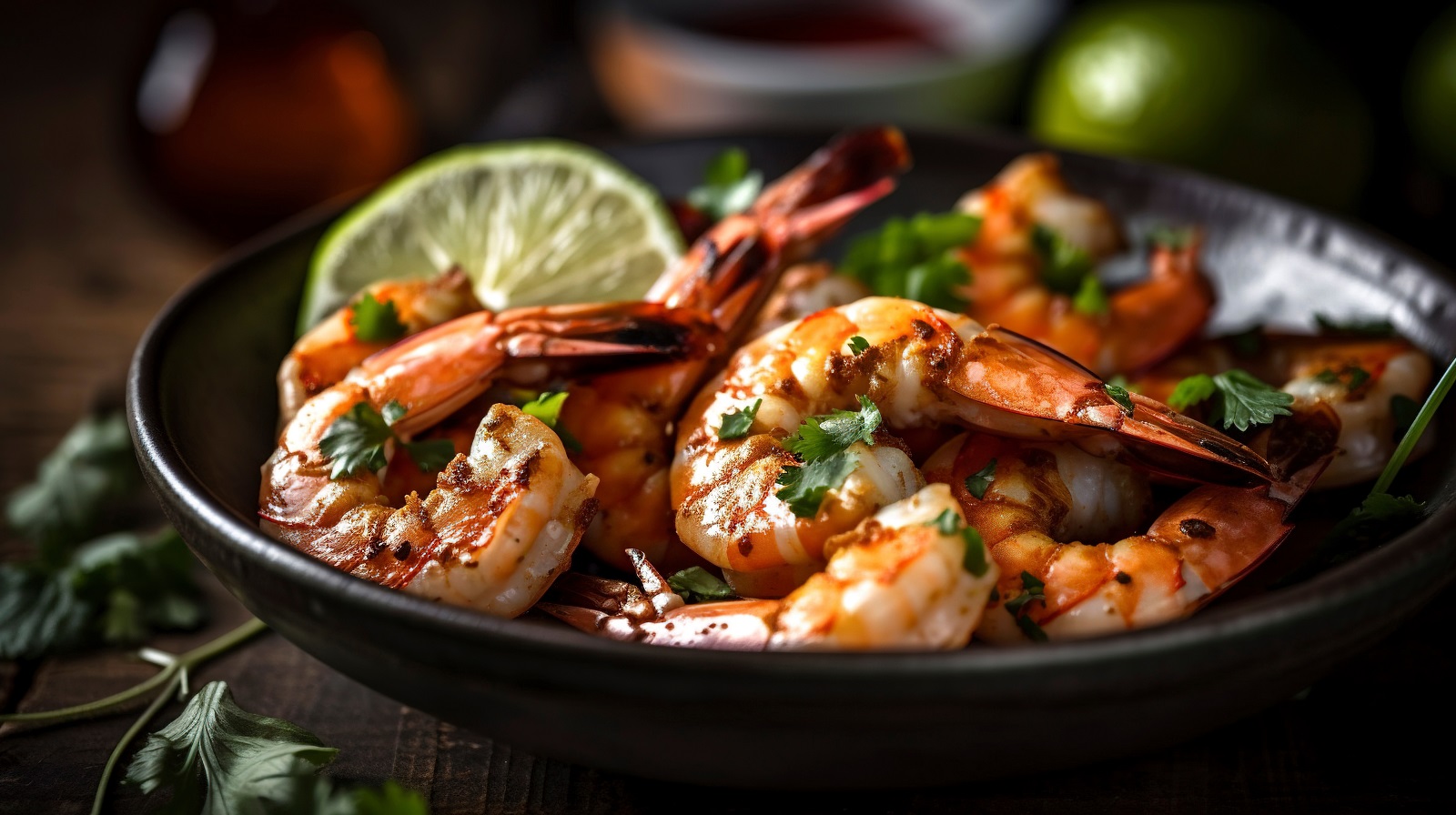It’s no secret that eating protein is essential for muscle growth, muscle recovery, and even staying lean. Protein-rich foods are vital for
maintaining a healthy weight, as they not only make you feel full for a long time, but they also give you the necessary energy to take on the day and enjoy the benefits of not going through a sugar crash.
So, if you’re someone who wants to
build muscle,
trim their waist down, or simply live a better life, then it’s a no-brainer that you would want to keep your protein intake high.
Alright, but how much protein do you actually need? That’s a question worth exploring, and we’ll do just that here!
Before we jump into the in-depth breakdown, let’s address the facts:
First, there’s no golden rule on how much protein you need. Everyone is different, and everyone’s needs are different. To get an accurate estimate, several factors need to be taken into account: your age, your weight, the amount of weekly physical activity you undergo, and your overall health.
And second, yes, you can eat too much protein. Even though protein is essential for your well-being, eating copious amounts of it has no benefits. In fact, it could pose some serious drawbacks.
Now that that’s out of the way, let’s take a closer look at the so-called high protein diet.

As we said, there’s no concrete amount of protein you need to consume. What, then, does
high protein mean? If we can’t pinpoint the exact average, then all this high protein business makes no sense, right?
Well… As Einstein said, it’s all relative – protein included! Even though there’s no secret formula, modern dietitians have come up with two approaches for recommending how much protein you should eat.
A high protein diet based on your body weight
You’ve probably heard the good old “1 gram per 1 pound” rule. According to modern science, the most optimal amount equals to 0.60 – 0.80 grams of protein per pound of body weight. The experts say that the more you workout, and the more often you put your body through strenuous physical activity, the more protein you should consume.
So, if you’re a bodybuilder, an athlete, or work a physically demanding job, then you should aim for 0.80 grams, perhaps even a full gram.
That translates to:
Roughly 160-200 grams of protein a day, for a 200-pound person.
Roughly 120-150 grams of protein a day, for a 150-pound person.
To get a rough idea of how much protein you need according to this method, simply multiply your weight in pounds by 0.60 or 0.80, depending on how high of a protein diet you’d like to follow.
A high protein diet based on your total calorie expenditure
A different and possibly better way of looking at high protein diets is by basing the total amount of daily protein you need off the calories you consume in a day.
According to dietitians, if 22% or more of your total calories come from protein, then your diet counts as high protein. Taking “the 22% rule”, your diet could look something like this:
For a 1500-calorie diet – 330 calories (82.5 grams) should come from protein.
For a 2000-calorie diet – 440 calories (110 grams) should come from protein.
For a 2500-calorie diet – 550 calories (137.5 grams) should come from protein.
For a 3000-calorie diet – 660 calories (165 grams) should come from protein.
Protein – pros and cons
 Pros:
Builds and preserves muscle:
Pros:
Builds and preserves muscle: Resistance training and protein – name a better duo. We’ll wait. To put it simply, if you workout, and you want to increase your muscle mass, then a high protein diet would be of great benefit to you.
Assists in bone health: Evidence shows that high protein diets could improve your bone health. Consuming enough protein ensures that you maintain your bone density and reduces the risk of developing osteoporosis.
It fills you up: Out of all three major nutrients (fats, carbs, and protein), protein is the most filling. When you’re full, you eat less – duh. This could potentially lead to a lower consumption of calories, which could, in turn, lead to fat loss.
It boosts your metabolism: Your body burns more calories when digesting and metabolizing protein, compared to fats and carbs. This is called the thermic effect of food – it can boost your metabolism very slightly.
Cons:
It could worsen existing kidney diseases: In healthy individuals, consuming high amounts of protein is shown to be harmless. However, those with existing kidney diseases should consume protein in moderation.
It could make you nutrient deficient: Protein products, albeit healthy, lack many of the vital vitamins and minerals we need. Not only that, but protein products lack fiber. If your high protein diet doesn’t include enough
fruits and vegetables, you could become fiber deficient, which can lead to constipation and bloating.
It’s not sustainable: Maintaining a diet high in protein can be quite difficult, especially when you’re not able to make it diverse enough so that you don’t get bored.
How to make following a high protein diet easier

The best advice we could give you, and this is backed up by dietitians, is to combine animal sources of protein with plant sources of protein. Often we focus too much on lean meat,
fish, eggs, and dairy products. While they are high-quality sources, they can get very stale and very bland.
A great way to both spice up your kitchen experience and consume more protein is by including the following foods into your meal plan: beans, lentils, peas, chickpeas, seafood, and soy.
Everbuild Nutrition 




